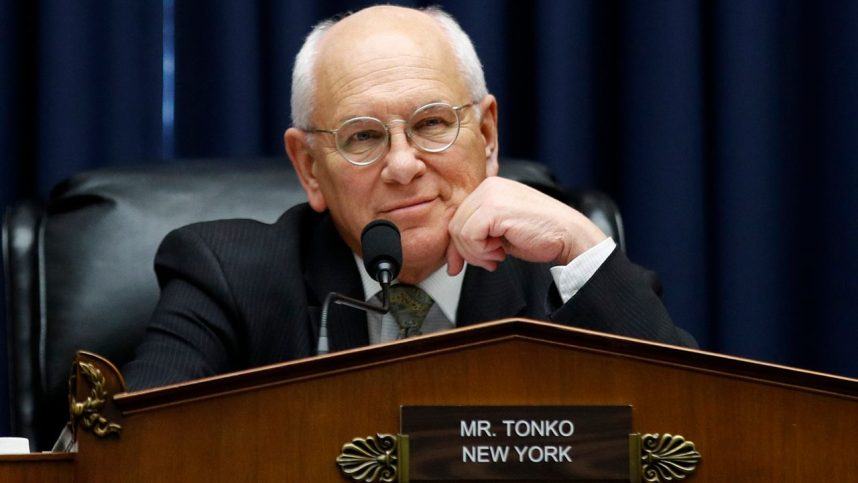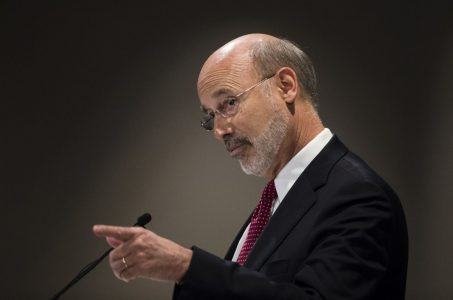Sports Betting Marketing Facing New Restrictions Under Proposed Legislation
Posted on: March 21, 2024, 03:45h.
Last updated on: March 22, 2024, 10:39h.
Proposed federal legislation would place limits on the ways U.S. sports betting companies market and interact with their customers. U.S. Rep. Paul Tonko (D-NY) says his SAFE Bet Act is needed in a new era of high-tech sports betting.

The SAFE (Supporting Affordability and Fairness With Every) Bet Act would eliminate sportsbook advertising during live sporting events and ban advertising designed to induce gambling, such as ads that hype bonus bets and odds boosts.
Rep. Tonko introduced the legislation just hours before the tip-off of the NCAA basketball tournament.
The New York lawmaker says the sports betting industry has been operating since 2018 in “a Wild West, largely unregulated environment.”
Just as in the tobacco industry when it was determined that that industry was posing a public health situation, we have now displaced Joe Camel with celebrity spokespeople and, yes, free product,” Tonko said.
Joining Rep. Tonko at a news conference were representatives of Northeastern’s Public Health Advocacy Institute, led by law professor Richard Daynard.
“We are not talking about an activity. We’re not talking about gambling. This is not an attack on gambling,” said Daynard, while referring to the artificial intelligence in the betting programs of many companies. “Whatever one thinks about gambling as it was known five years ago, before the gates opened to online sports betting, this is a different product.”
Since the U.S. Supreme Court overturned the Professional and Amateur Sports Protection Act (PASPA) in May 2018, 38 states and the District of Columbia now offer some form of legal sports betting.
Given that ruling, there are questions as to the legality of Tonko’s proposal. That’s because the Supreme Court ruled sports betting is essentially a states’ rights issue.
What the SAFE Bet Act Proposes
The SAFE Bet Act replaces a previous proposal called the Betting on Our Future Act that Tonko introduced more than a year ago. That bill didn’t gain any traction.
In addition to banning sportsbook advertising during live sporting events, the new proposal also bans language in advertisements promoting “bonus” or “no sweat” bets. The SAFE Bet Act also prohibits sportsbooks from accepting credit cards from customers seeking to make deposits, and limits sportsbooks to no more than five deposits from a single customer within a 24-hour period.
Rep. Tonko couches the measure as a public health initiative, and says the bill would also require the creation of a nationwide self-exclusion list, along with a surgeon general’s report about “public health challenges associated with sports betting.”
AI in the SAFE Bet Act Requirements
The SAFE Bet Act also seeks to ban operators from using artificial intelligence to track a player’s gambling habits to offer individualized promotions. The bill would also ban the use of artificial intelligence to create betting markets, such as microbets.
A spokesperson for the American Gaming Association reserved comment on Rep. Tonko’s latest proposed legislation, citing a desire to see the details of the entire bill once it is formally introduced.
Tonko says he will formally introduce the bill later this year. Other lawmakers have attempted to enact similar legislation since 2018. But none of the measures have ever made it out of committee.
Related News Articles
Most Popular
Mirage Las Vegas Demolition to Start Next Week, Atrium a Goner
Where All the Mirage Relics Will Go
Most Commented
-
Bally’s Facing Five Months of Daily Demolition for Chicago Casino
— June 18, 2024 — 12 Comments
















No comments yet